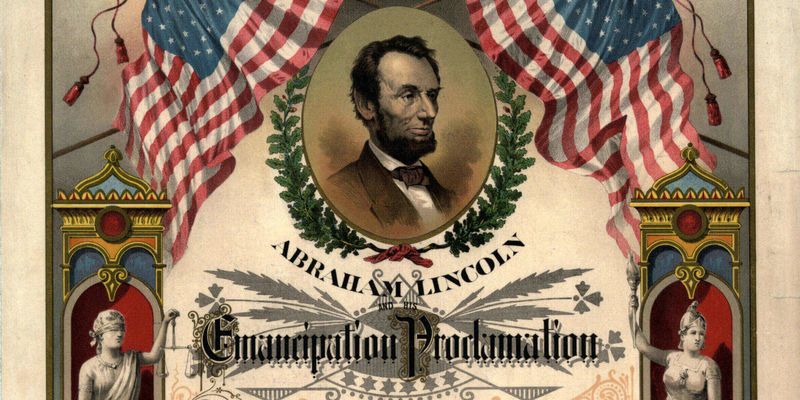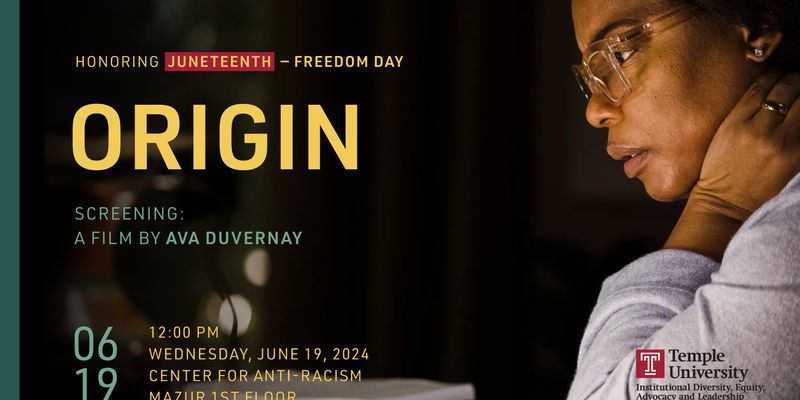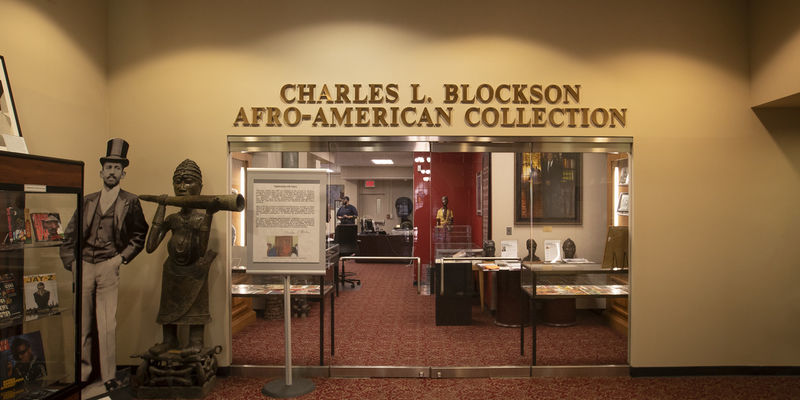5 books reflecting Juneteenth principles
Center for Anti-Racism Director Timothy N. Welbeck recommends these reading selections for commemorating Juneteenth and expanding knowledge of the holiday.

While Juneteenth celebrations have permeated throughout the U.S. for more than 150 years, particularly in southeastern Texas (the state became the first to declare it an official holiday in 1979), it has received increased attention recently. Most notably, the capstone of this increased attention was the Biden administration’s declaration of Juneteenth as a national holiday in 2021. The day, which some have referred to as “our country’s second independence,” commemorates the joy of liberation as more than 250,000 formerly enslaved Black people in Galveston, Texas, learned of their freedom on June 19, 1865. Today, it carries those same sentiments within the present fight for equity and inclusion.
Here are five novels and nonfiction books that capture some of the salient themes of Juneteenth.
1. Black Reconstruction in America, 1860–1880
William Edward Burghardt Du Bois, who was the eminent scholar of race during his time, co-founder of the NAACP, a leading Pan-Africanist and widely deemed the father of American sociological studies, wrote a litany of foundational works that shaped the study of the race in the Western world. With Black Reconstruction, W.E.B. Du Bois endeavored to “interpret these 20 years of fateful history [from 1860–1880] with special reference to the efforts and experiences of the Negroes themselves.” Described by The New York Times as “beyond question the most painstaking and thorough study ever made … an imposing contribution to a critical period of American history,” Black Reconstruction is one of the most important historical texts examining this period of American history.
2. Caste: The Origins of Our Discontents
Caste is another expansive study into the human condition by Isabel Wilkerson, winner of the Pulitzer Prize and the National Humanities Medal. In Caste, Wilkerson explores the narratives of real people to tell a tale as old as time—one that explored how “caste was … the basis of every other ism.” The story she tells, the one she would immerse herself within, connects the heinous murder of Trayvon Martin, the genocidal Nazi regime and the dehumanizing treatment of the Dalits in India.
3. The People Could Fly: American Black Folktales
This beloved children’s book compiles a few dozen signature African American folktales into one magnificent work. Winner of numerous awards (including the Coretta Scott King Award and The New York Times award for Best Illustrated Children’s Book), Virginia Hamilton’s The People Could Fly captures the dynamic richness and vibrant beauty of folklore to communicate the hopes of African Americans throughout the ages. Leo Dillon’s illustrations add glorious dimensions to the time-honored tales.
4. Being Human Being: Transforming the Race Discourse
In Being Human Being, Molefi Kete Asante and Nah Dove explore the universality of the human condition beginning with the dawn of homo sapiens on the African plains. Being Human Being describes how historical justifications for race and the ranking of human beings are closed doors for social change and thereby have no place in modern society. Asante and Dove then use the principles of Maat to advocate for a transformative discourse of humanity that seeks to move beyond the paradigm of race and thus dispel divisiveness that disrupts a vision of a united humanity.
5. Stamped from the Beginning: The Definitive History of Racist Ideas in America
Ibram X. Kendi’s New York Times Bestselling book, Stamped from the Beginning, is an ambitious history of racial progress juxtaposed against a history of ignorance and hate. In the National Book Club Foundation Award winner, Kendi chronicles the origins of anti-Black racist ideas and the destructive power they have wielded over time. Described by The Washington Post as “[An] engrossing and relentless intellectual history of prejudice in America,” continues the tradition of rich works like A. Leon Higginbotham’s In the Matter of Color: Race and the American Legal Process.
- Timothy N. Welbeck


